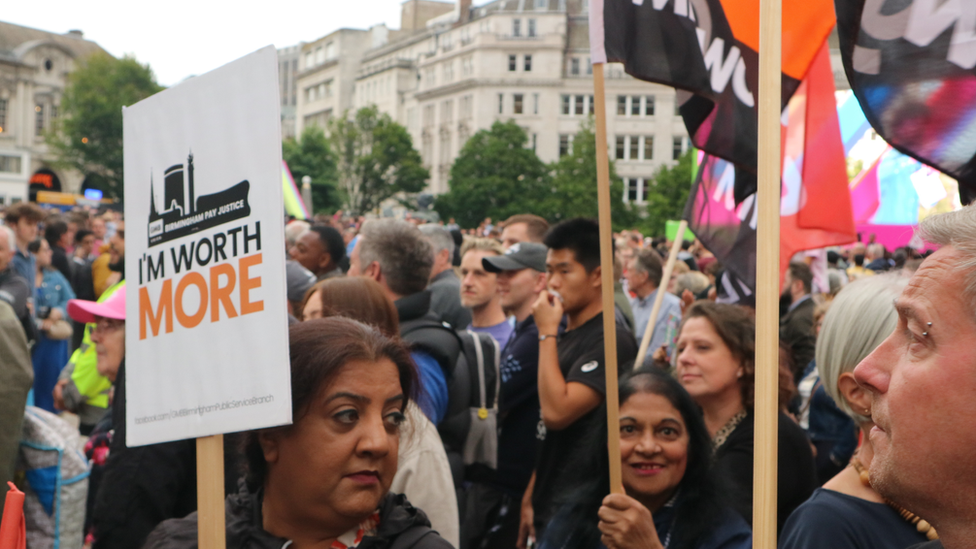More than 40 Tory MPs call for extra council funding
- Published
- comments
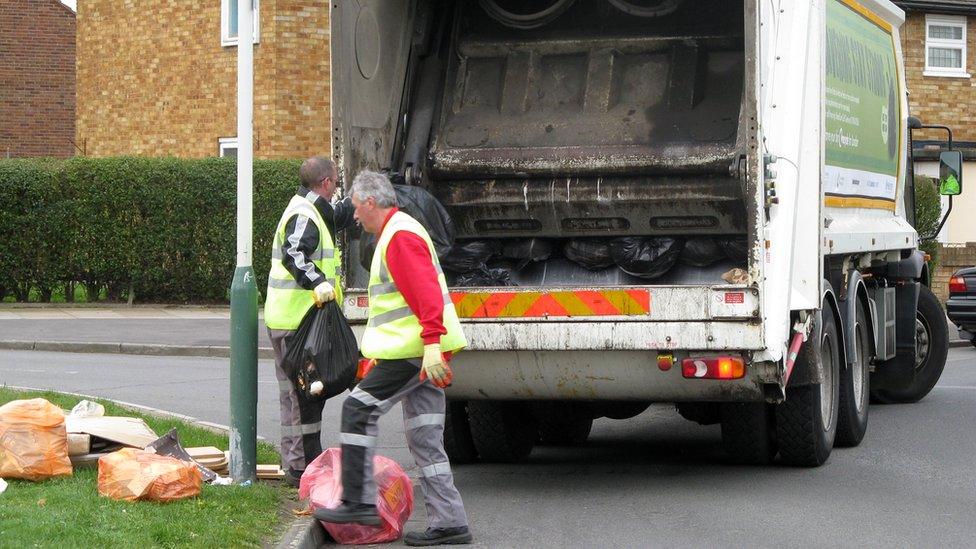
Dozens of MPs, including more than 40 Tories, have written to the PM demanding extra funding for councils in England to avoid big cuts to services.
Several former cabinet ministers are among those who have signed the letter.
The group say they are "exceptionally concerned" at the measures many local authorities are planning as they try to avoid going bust, including raising council tax and cutting services.
The government said it had announced a £64bn funding package for councils.
There has been growing concern across the local government sector about council funding, with particular pressure on the cost of providing care for vulnerable adults and children, as well as housing services.
In November, Nottingham became the latest council to issue a Section 114 notice, which means it is effectively bankrupt, with warnings that others could follow suit.
In December, the government announced the amount of funding it plans to make available to councils from April, and said it represented an average increase of 6.5% compared to the year before.
The letter to Prime Minister Rishi Sunak and Levelling Up Secretary Michael Gove was co-ordinated by the County Councils Network and the County All-Party Parliamentary Group.
It urged the government to provide extra funding for local authorities ahead of a vote in the Commons next month "to ensure that the councils in our areas can continue to provide the services that our residents depend upon".
The group of 46 MPs, which is made up of 44 Conservatives as well as Labour's Daniel Zeichner and Liberal Democrat Sarah Dyke, includes former ministers Priti Patel, Robert Jenrick, Greg Clark and Damian Green.
They said they were "disappointed" that last year's autumn statement, when the government set out its tax and spending plans, did not include any additional funding for councils.
Ben Bradley, Conservative MP for Mansfield and leader of Nottinghamshire County Council, told the BBC the chancellor should use the next Budget to increase funding for local government.
"There's no point cutting national taxes just to see everybody's council tax go up by the maximum," he said.
It is understood council leaders are lobbying the government for an extra £750m to help ease pressure over the next year, although if any additional funding is agreed it is likely to be less than that.
Talks have taken place in recent weeks which have been described as "constructive" but no final decisions have been taken.
If no extra funding is made available for councils, Mr Sunak could find himself facing another Commons rebellion when it comes to a vote on the issue next month.
The County Councils Network, which represents some of England's largest local authorities, estimates its councils face a funding shortfall of £4bn over the next three years and says a planned rise in the national living wage will make the situation worse.
Councils are currently in the process of setting their budgets for the next financial year, which starts in April, with many looking at cutting services to meet shortfalls.
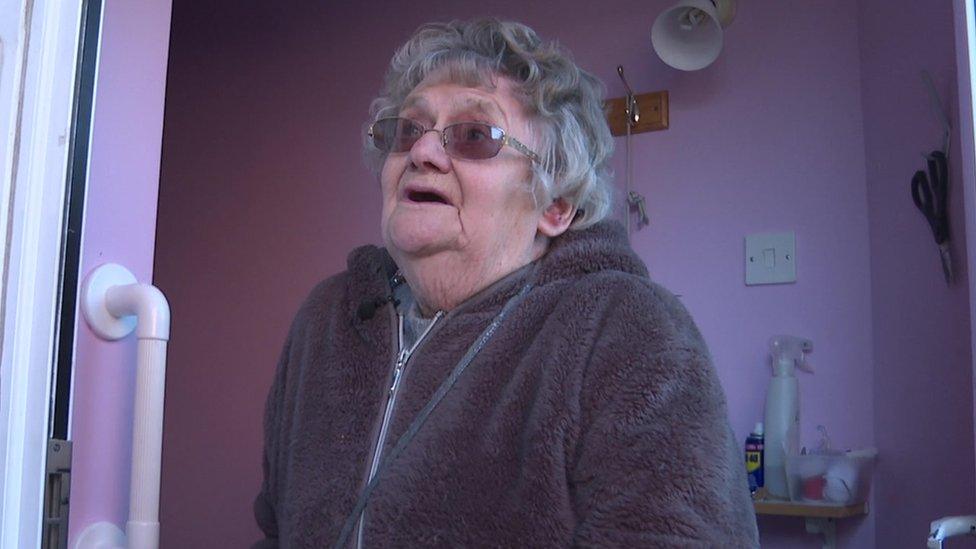
Ruth could be affected by cuts to community transport in Hampshire
For Hampshire County Council it means finding ways to save £132m by April next year.
The council says that while it is in a better position than many others, it has to make "tough decisions" and has no choice but to consider reducing services.
The proposed cuts affect a variety of services - with two arts centres under threat of closure, and campaigners fighting to save some local recycling centres.
The authority is also consulting on plans to stop funding all homelessness support services. The Winchester Beacon, which provides emergency accommodation and support such as counselling and cookery skills, is one of the charities which could be affected.
Mark Wakeling, the charity's chief executive, said: "It's pretty shocking. We think it's a time that resources need to be increased to the sector, not reduced.
"People are being asked to choose between street lighting or homelessness or paying for car parks."
The council is also looking at stopping funding for all community transport that it is not legally obliged to provide. That includes removing subsidies for the 'Dial-a-Ride' minibus service, which currently receives £500,000 a year.
Community First, the charity which runs the service, says this would mean their network had to be scaled back and would not be able to continue in some parts of the county.
Ruth Payne, who uses the service for her food shop and weekly social outings, says it is "very important" to her and "much easier than using taxis or buses".
"Sometimes, we go to a garden centre, sometimes we go to a shopping centre, sometimes we just go to a pub for a meal," she said. "It's wonderful. We want it kept, we definitely want it kept."
A spokesperson for the Department for Levelling Up, Housing and Communities said: "We recognise councils are facing challenges and that is why we have announced a £64bn funding package - a real terms increase at an average of 6.5% - to ensure they can continue making a difference, alongside our combined efforts to level up.
"We recently consulted on the final settlement for next year and are now considering the responses carefully. Councils are ultimately responsible for their own finances, but we remain ready to talk to any concerned about its financial position."
Related topics
- Published16 January 2024
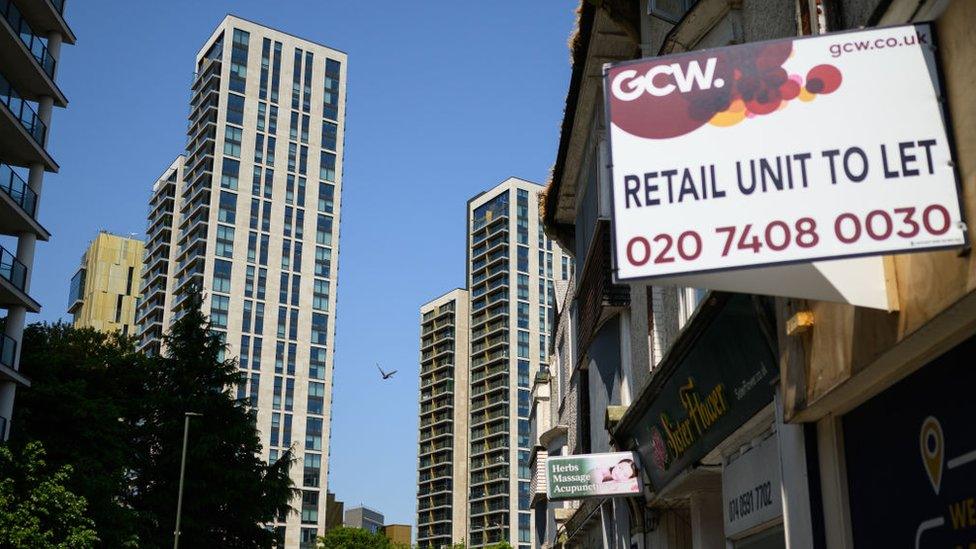
- Published18 December 2023
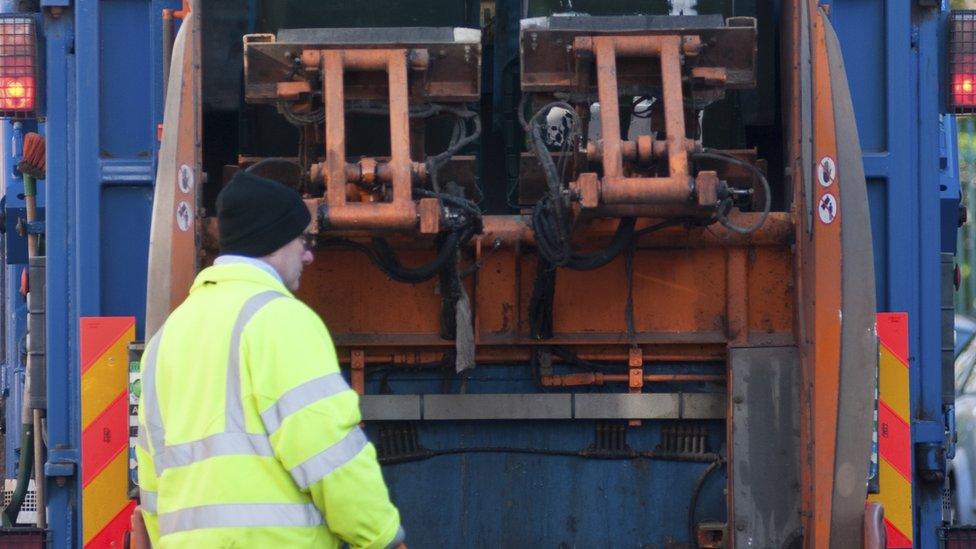
- Published5 March 2024
